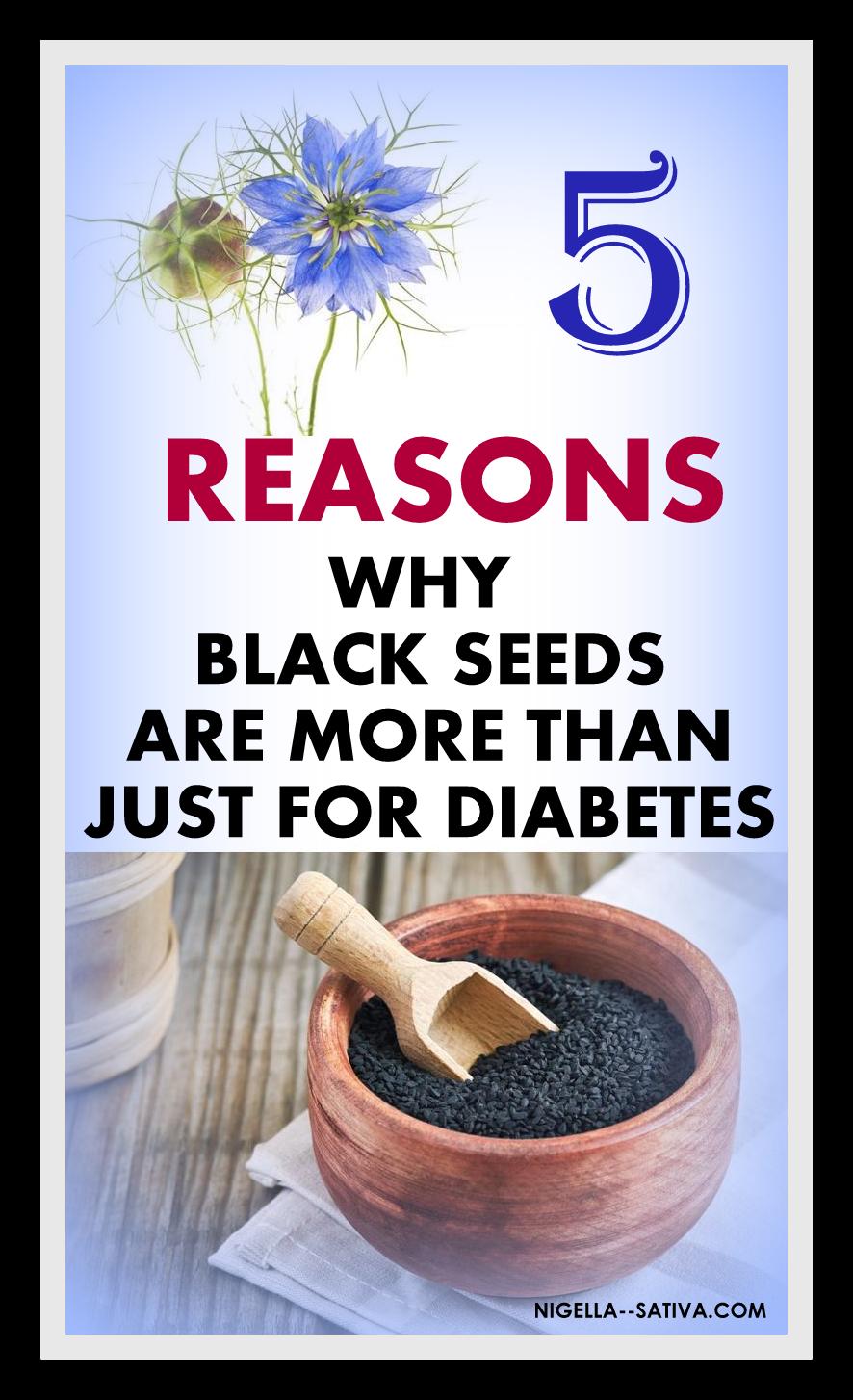- HOME - START HERE
- CONSULTATION SERVICES
- 911 EMERGENCY
- EBOOKS
- Store
- DOSAGES
- HOW TO TAKE
- ANTI-AGING
- CBD AND NIGELLA SATIVA
- RESEARCH SHOWS THAT CANCER RATES WILL RISE DRASTICALLY OVER THE COMING YEARS
- FIBRO CATEGORY
- HERPES CATEGORY
- HIV- Category
- Honey - Category
- Pets
- Top 20 Reasons to use Black Cumin Oil and Capsules
- STROKES CATEGORY
- WEIGHT LOSS CATEGORY
- ANSWER THE QUESTIONS
- Articles
- BLACK SEED OIL IS BETTER THAN TYLENOL FOR ARTHRITIS RELIEF
- Migraines - Headaches - 12 Remedies with Pictures
- My Protocol for Dementia Recovery
- PCOS and Nigella Sativa
- PRIVACY POLICY - GDPR COMPLIANT
- My Team
- About
- Healthy Articles
- Nigella Sativa Online Courses - Part 1
- Childhood Epilepsy
- Natural Diuretics
- Healing Effect on Sarcoidosis
- Nigella Sativa Respiratory Illness
- Cardiovascular Disease
- Depression and COVID19
- 12
- How to Use Nigella Sativa
- How Contagious is Leprosy
- Supporting Human Health - The Immunomodulator
- Nigella Sativa Cancer Ebook
- OK, I am a Muslim - Now What?
- Everything You Ever Wanted to Know About Black Seeds
- Islam Cancer Ebook
- DONATION
- Nigella sativa is an safe alternative Non-Hodgkin’s treatment option
- RESEARCH ON WHY YOU SHOULD HEAT NIGELLA SATIVA SEEDS
- Black Seed Cuisine Ebook
- IS THERE A CURE FOR LUPUS - NATURAL SOLUTIONS
- Black Seed Oil
- TURMERIC DETOX AND MORE
- MASTERS OF HEALING
- PAYMENT RECEIVED
- Non-clickable Page
- IRRITABLE BOWEL SYNDROME - NATURAL SOLUTIONS
- MY CANCER COLLECTION
- CONTACT
5 REASONS WHY BLACK SEEDS ARE NOT ARE NOT JUST ANOTHER HERB FOR DIABETES
THIS ARTICLE IS COPYRIGHTED FOR NIGELLASATIVACENTER.COM ONLY. ALL RIGHTS RESERVED.
Note: This article contains affililate links which I have chosen for you. See my Disclose Here.
Note: This article contains affililate links which I have chosen for you. See my Disclose Here.
|
Black seeds have potent anti-diabetic activity. They have been shown to improve blood glucose levels and lipid profile in various diabetes models.
Interestingly, the health benefits of black seeds don’t end here. A number of studies suggest taking these seeds routinely can help to fight against the super bugs, control acne breakouts, reduce joint pain, improve blood pressure, relieve asthma and boost your immune power. In this article, you will get an insight of how black seeds and diabetes work together to improve diabetes symptoms. Synonyms: black cumin, haba al barakah and kalonji. A Quick Overview of Black Seed Black seed (scientific name: Nigella sativa) is a commonly used spice in Indian and Middle Eastern cuisines. It adds a unique pungent bitter flavor, something similar to onion and pepper, and appetizing smell to the foods. |
Black seed oil has strong antioxidant, anti-inflammatory, anti-fungal and potential anticancer properties. While people in India and the Middle East have been using black seeds since time immemorial, Americans are probably new to them. However, in the last few years, black seeds have drawn considerable attention because of their myriad of health benefits, particularly diabetes.
How Black Seeds Can Help People with Diabetes
Diabetes is a long-term disease that causes elevated blood sugar levels. It occurs when your body produces insufficient insulin or the cells become unable to utilize available insulin. Insulin is a hormone produced by beta cells of the pancreas. It helps to transport glucose molecules from the bloodstream to the cells where glucose is converted into energy or stored for future energy supply.
Because diabetes virtually affects every system in the body, having uncontrolled blood sugar levels can lead to severe complications. For example, heart disease, kidney disorder, loss of vision, or even death. If you consider the widespread effects of diabetes on your health, you should be extra careful about what you eat and what you do.
No doubt, medications, both oral pills and insulin injection, are extremely valuable in controlling the symptoms but the cure still seems away. Yes, this is exactly where your lifestyle and dietary choices play a critical role. Also, without controlling your diet and level of activity, even the anti-diabetic medications cannot show their full effects.
Black seed oil has shown promising anti-diabetic activity in a number of scientific studies and it is definitely worth a try. Given below are the results of some of the most recent and relevant studies that support the healing role of black seeds in diabetics.
Diabetes is a long-term disease that causes elevated blood sugar levels. It occurs when your body produces insufficient insulin or the cells become unable to utilize available insulin. Insulin is a hormone produced by beta cells of the pancreas. It helps to transport glucose molecules from the bloodstream to the cells where glucose is converted into energy or stored for future energy supply.
Because diabetes virtually affects every system in the body, having uncontrolled blood sugar levels can lead to severe complications. For example, heart disease, kidney disorder, loss of vision, or even death. If you consider the widespread effects of diabetes on your health, you should be extra careful about what you eat and what you do.
No doubt, medications, both oral pills and insulin injection, are extremely valuable in controlling the symptoms but the cure still seems away. Yes, this is exactly where your lifestyle and dietary choices play a critical role. Also, without controlling your diet and level of activity, even the anti-diabetic medications cannot show their full effects.
Black seed oil has shown promising anti-diabetic activity in a number of scientific studies and it is definitely worth a try. Given below are the results of some of the most recent and relevant studies that support the healing role of black seeds in diabetics.
- Black seeds may help to lower levels glucose levels and fats in the blood(1). Hyperglycemia (elevated blood glucose levels) and lipid profile dysfunction (high amounts of blood fats) are the hallmarks of diabetes. In a 2015 systematic review study, investigators found that these seeds were a potential dietary intervention to improve high levels of glucose and fats in the blood. The study was published in Complementary Therapies in Medicine. A major reason why these findings are relevant is that the study searched various databases from 1995 till January 2014, and it involved 2 human trials. The investigators believe beneficial effects occurred due to their antioxidant properties, and effects on insulin secretion and glucose absorption.
- They enhance regeneration and proliferation in beta cells. According to a 2016 study published in the Chinese Journal of Natural Medicines, black seeds help diabetics by stimulating the regeneration and proliferation of insulin-secreting beta cells of the pancreas.(2) Moreover, black seed oil also helps to restore normal glucose levels.
- Black seed oil improves insulin sensitivity (3) and reduces oxidative stress (4). One of the early indicators of type 2 diabetes is insulin resistance (IR), where cells fail to utilize available insulin. In essence, the cells have decreased insulin sensitivity. Now, a wealth of study supports that increased oxidative stress is a major risk factor for diabetes(5). Because black seed oil has shown a promising role in improving insulin sensitivity and reducing oxidative stress, you should definitely consider taking it for better disease control.
- Black seed oil reduces the risk of heart diseases in diabetics. Cardiovascular complications are a common consequence of uncontrolled blood glucose levels. In diabetics, two endogenous substances called bax and caspase mediate cell death (apoptosis) in the blood vessels. According to a study published in the Anatolian Journal of Cardiology in 2015, black seed oil significantly reduces the expression of bax and caspase in major blood vessels.(6) For this reason, black seed oil can effectively reduce apoptosis and thus cut down the risk of cardiovascular complications.
- Black seeds might be a valuable addition to your current type 2 diabetes treatment with oral pills. (7) At a dose of 2 gm per day, black seeds can significantly reduce the common diabetes test results. For example, fasting blood glucose, blood glucose level 2 hours after meal (2 hPG), and glycosylated hemoglobin (HbA1c). Most notably, the incidence of adverse effects on liver and kidney functions due to black seed consumption was insignificant in the study. Note that there were no interactions between oral antidiabetic medications and black seeds.
The Bottom Line
The rising incidence of diabetes across the globe is a serious public health problem. In addition to genetic factors, environmental factors have contributed greatly to this surge in the incidence.
Standard diabetes treatment has failed time and again to effectively control blood glucose levels. As a result, there is an urgent need for exploring the benefits of herbs and natural remedies. In this context, black seeds seem to be a very promising natural remedy. Another point to note is that these tiny seeds have very little adverse effects when you take them in the recommended doses.
The rising incidence of diabetes across the globe is a serious public health problem. In addition to genetic factors, environmental factors have contributed greatly to this surge in the incidence.
Standard diabetes treatment has failed time and again to effectively control blood glucose levels. As a result, there is an urgent need for exploring the benefits of herbs and natural remedies. In this context, black seeds seem to be a very promising natural remedy. Another point to note is that these tiny seeds have very little adverse effects when you take them in the recommended doses.
|
AMAZON AD BELOW
|
All things considered, black seeds and diabetes are improved drastically when the two are combined in a daily protocol.
All diabetics should consider taking black seed oil to improve their blood glucose levels. Also research has shown a positive effect using fig leaf tea and black seeds combined. My favorite black seed oil is here and My favorite black seeds are made by a company named Kevala. Kevala (see ad to the left) is the brand chosen by a customer of mine who is a cancer doctor and so I follow his recommendation. |
References
- Heshmati, J and Namazi, N. “Effects of black seed (Nigella sativa) on metabolic parameters in diabetes mellitus: a systematic review.” Complementary Therapies in Medicine. 2015 Apr;23(2):275-82.
- Kooti, W., et al. “Phytochemistry, pharmacology, and therapeutic uses of black seed (Nigella sativa).” Chinese Journal of Natural Medicines. 2016 Oct;14(10):732-745.
- Le, PM., et al. “The petroleum ether extract of Nigella sativa exerts lipid-lowering and insulin-sensitizing actions in the rat.” Journal of Ethnopharmacology. 2004 Oct;94(2-3):251-9.
- Houstis, N., et al. “Reactive oxygen species have a causal role in multiple forms of insulin resistance.” Nature. 2006 Apr 13;440(7086):944-8.
- Asmat, U., et al. “Diabetes mellitus and oxidative stress—A concise review”. Saudi Pharmaceutical Journal. 2016 Sep;24(5):547-553.
- Cüce, G., et al. “Effects of Nigella sativa L. seed oil on intima-media thickness and Bax and Caspase 3 expression in diabetic rat aorta.” Anatolian Journal of Cardiology. 2015 Jul 14.
- Bamosa, AO.,et al. “Effect of Nigella sativa seeds on the glycemic control of patients with type 2 diabetes mellitus.” Indian Journal of Physiology and Pharmacology. 2010 Oct-Dec;54(4):344-54.
|
COME JOIN MY MEMBERSHIP GROUP - DO YOU MISS ME? THE COST IS $9.95 PER MONTH. LEARN THE DEEP SECRETS OF BEING WELL.
PAYMENT LINK HERE |
STORE TESTIMONY CONTACT EBOOKS ABOUT PAGE PRIVATE POLICYAmazon Affiliate Disclosure
https://www.nigellasativacenter.com is a participant in the Amazon Services LLC Associates Program, an affiliate advertising program designed to provide a means for website owners to earn advertising fees by advertising and linking to amazon(.com, .co.uk, .ca etc) and any other website that may be affiliated with Amazon Service LLC Associates Program. “Amazon and the Amazon logo are trademarks of Amazon.com, Inc. or its affiliates.” Please note I am also an affiliate for Mountain Rose Herbs, , Shareasale and More. Please see our full disclosure here: Disclaimer: The information on this page and on this website has not been evaluated by the FDA. We do not diagnose, treat, cure or prevent illness or disease - instead, we try to help people learn how to do so themselves. Anyone who believes they have a serious medical condition or health issue should seek diagnoses from a qualified medical professional before making any decisions on how to best address their health. Furthermore, anyone contemplating using any products or information on this website must accept such use as experimental and voluntary. No claims are made regarding the therapeutic use of the products or information on this website and all products featured or sold on this website must be considered nutritional supplements only. -
Copyright Protected - Nigella Sativa.com - 2022-2025 - All Rights Reserved - Any infringe on our copyright will be prosecuted to the fullest extent of the law.
|
OWNER: SAMANTHA DAVIS
WEBSITE: BASED ON EVIDENCE ADDRESS: PO BOX 437, ZARGA, JORDAN 13110 PHONE: +962-53923471 HOURS: 5PM - 12AM - NY;TIME EMAIL: naturalliving [email protected] CONSULTATION FEES 1 STOP CENTER IS BASED ON ALL MODALITIES OF HEALING, NOT JUST NIGELLA SATIVA |
- HOME - START HERE
- CONSULTATION SERVICES
- 911 EMERGENCY
- EBOOKS
- Store
- DOSAGES
- HOW TO TAKE
- ANTI-AGING
- CBD AND NIGELLA SATIVA
- RESEARCH SHOWS THAT CANCER RATES WILL RISE DRASTICALLY OVER THE COMING YEARS
- FIBRO CATEGORY
- HERPES CATEGORY
- HIV- Category
- Honey - Category
- Pets
- Top 20 Reasons to use Black Cumin Oil and Capsules
- STROKES CATEGORY
- WEIGHT LOSS CATEGORY
- ANSWER THE QUESTIONS
- Articles
- BLACK SEED OIL IS BETTER THAN TYLENOL FOR ARTHRITIS RELIEF
- Migraines - Headaches - 12 Remedies with Pictures
- My Protocol for Dementia Recovery
- PCOS and Nigella Sativa
- PRIVACY POLICY - GDPR COMPLIANT
- My Team
- About
- Healthy Articles
- Nigella Sativa Online Courses - Part 1
- Childhood Epilepsy
- Natural Diuretics
- Healing Effect on Sarcoidosis
- Nigella Sativa Respiratory Illness
- Cardiovascular Disease
- Depression and COVID19
- 12
- How to Use Nigella Sativa
- How Contagious is Leprosy
- Supporting Human Health - The Immunomodulator
- Nigella Sativa Cancer Ebook
- OK, I am a Muslim - Now What?
- Everything You Ever Wanted to Know About Black Seeds
- Islam Cancer Ebook
- DONATION
- Nigella sativa is an safe alternative Non-Hodgkin’s treatment option
- RESEARCH ON WHY YOU SHOULD HEAT NIGELLA SATIVA SEEDS
- Black Seed Cuisine Ebook
- IS THERE A CURE FOR LUPUS - NATURAL SOLUTIONS
- Black Seed Oil
- TURMERIC DETOX AND MORE
- MASTERS OF HEALING
- PAYMENT RECEIVED
- Non-clickable Page
- IRRITABLE BOWEL SYNDROME - NATURAL SOLUTIONS
- MY CANCER COLLECTION
- CONTACT







